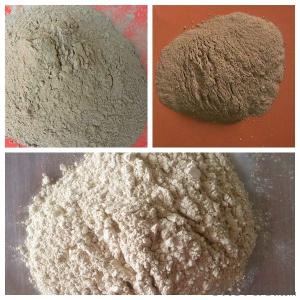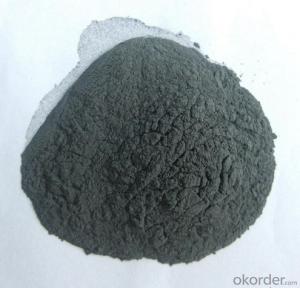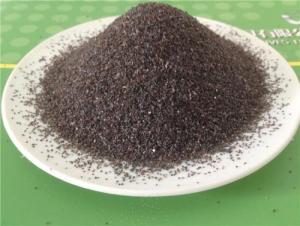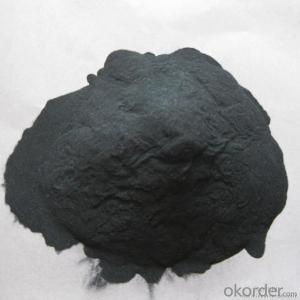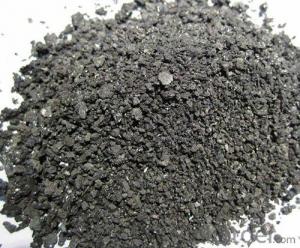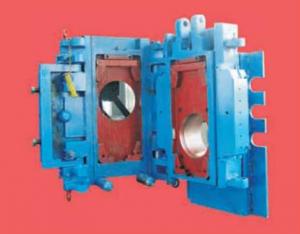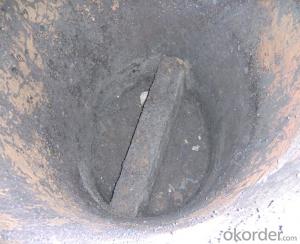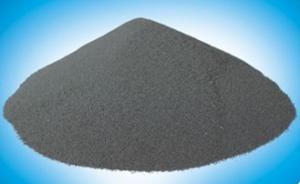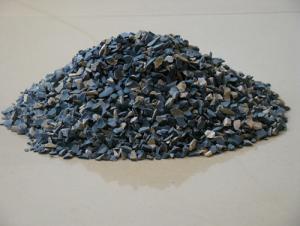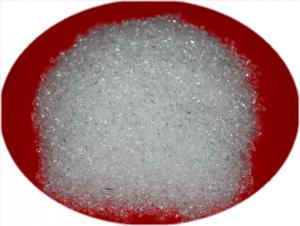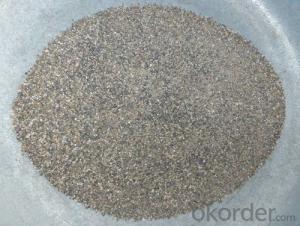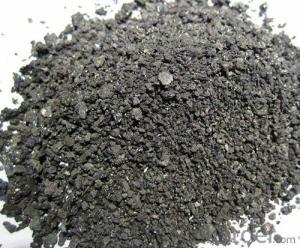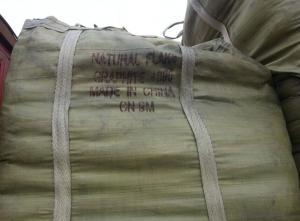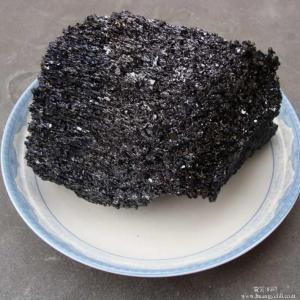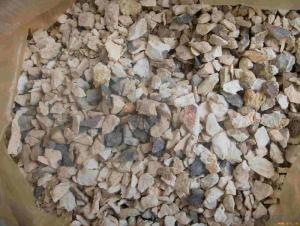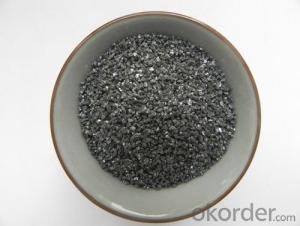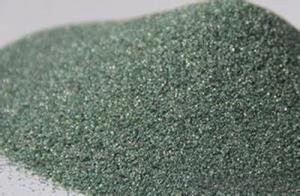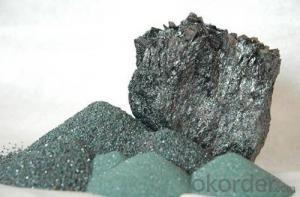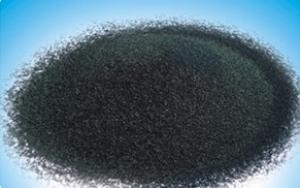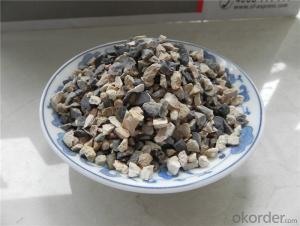All Categories
- - Steel Wire Rod
- - Steel Coils
- - Steel Profiles
- - Steel Pipes
- - Stainless Steel
- - Tinplate
- - Special Steel
- - Steel Sheets
- - Steel Rebars
- - Steel Strips
- - Hot Rolled Steel
- - Cold Rolled Steel
- - Pre-painted Steel
- - Seamless Steel Pipe
- - Welded Steel Pipe
- - Hollow Steel Tubes
- - Galvanized Pipe
- - Stainless Steel Coil
- - Stainless Steel Sheet
- - Stainless Steel Plate
- - Stainless Steel Strips
- - Electrolytic Tinplate Coil
- - Electrolytic Tinplate Sheet
- - Stainless Steel Rebars
- - Solar Panels
- - Solar Water Heater
- - Solar Related Products
- - Solar Inverter
- - Solar Cells
- - Solar Light
- - Solar Energy Systems
- - Solar Controllers
- - Solar Mounting System
- - Solar Pump
- - Solar Chargers
- - Fiberglass Chopped Strand
- - Fiberglass Mesh Cloth
- - Composite Pipes
- - FRP Pultrusion Profiles
- - Fiberglass Mat Tissue
- - Fiberglass Fabrics
- - Fiberglass Mesh
- - Composite Tank
- - Fiberglass Mesh tape
- - Polymer
- - FRP Roofing Panel
- - Fiberglass Roving
- - Monolithic Refractories
- - Ceramic Fiber Products
- - Refractory Bricks
- - Raw Materials For Refractory
- - Suspended Platform
- - Cranes
- - Concrete Machinery
- - Earthmoving Machinery
- - Building Hoist
- - Road Building Machinery
- - Plastic Pipe Fittings
- - Plastic Tubes
- - Plastic Sheets
- - Agricultural Plastic Products
- - Plastic Nets
Q & A
Explain the importance of aggregate materials in refractories.
Aggregate materials are crucial in refractories because they provide the necessary structure and strength to withstand high temperatures and harsh conditions. These materials help to create a dense and compact structure that can resist the thermal and mechanical stresses encountered in various industrial processes. By incorporating aggregate materials such as silica, alumina, and magnesia, refractories can effectively insulate, protect, and extend the lifespan of furnaces, kilns, and other equipment used in industries like steel, glass, and cement production.
What are the properties of silica fume-based refractory materials?
Silica fume-based refractory materials have several important properties. Firstly, they have high thermal stability, meaning they can withstand high temperatures without deforming or degrading. Additionally, they have excellent resistance to thermal shock, which makes them suitable for applications where quick temperature changes occur. These materials also have low thermal conductivity, meaning they do not easily transfer heat, making them effective insulators. Furthermore, silica fume-based refractory materials have good chemical resistance, allowing them to withstand corrosive environments. Lastly, they have high compressive strength, ensuring their structural integrity under heavy loads.
What are the refractory raw materials used in lining intermittent kilns?
The refractory raw materials commonly used in lining intermittent kilns include fireclay, high-alumina materials, and silica. These materials are chosen for their ability to withstand high temperatures, resist chemical corrosion, and provide insulation to protect the kiln structure.
Can you explain the role of silica in refractory applications?
Silica plays a crucial role in refractory applications due to its unique properties. It acts as a binder, providing cohesion and strength to refractory materials. Silica also has a high melting point, making it resistant to high temperatures, which is important for applications involving heat. Additionally, silica helps in reducing thermal expansion and improving thermal shock resistance in refractory materials. Overall, silica contributes to the durability, stability, and performance of refractories in various industrial settings.
Wholesale Raw Materials For Refractory from supplier in Nepal
We are a Raw Materials For Refractory supplier serving the Nepal, mainly engaged in the sale, quotation, and technical support services of various Raw Materials For Refractory products in the Nepal region. We are a subsidiary platform of the Fortune Global 500 company CNBM, able to provide you with one-stop Raw Materials For Refractory procurement services in the Nepal. Not only do we have a wide range of Raw Materials For Refractory products, but after years of market development in the Nepal, we can also provide valuable experience for your projects.
Hot Search
- Monolithic Refractories in Ireland
- Ceramic Fiber Products in Moldova
- Refractory Bricks in Mauritius
- Raw Materials For Refractory in Samoa
- Monolithic Refractories in Luxembourg
- Monolithic Refractories in Netherlands
- Raw Materials For Refractory in Timor Leste
- Ceramic Fiber Products in Italy
- Monolithic Refractories in Honduras
- Ceramic Fiber Products in Lesotho
